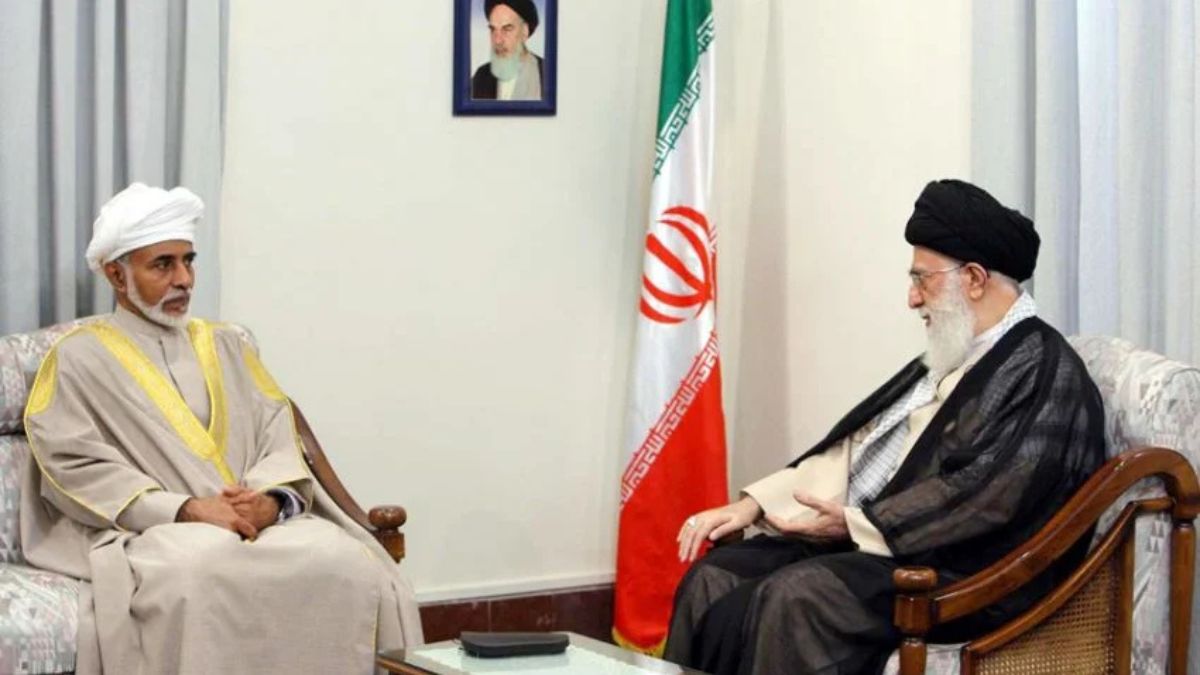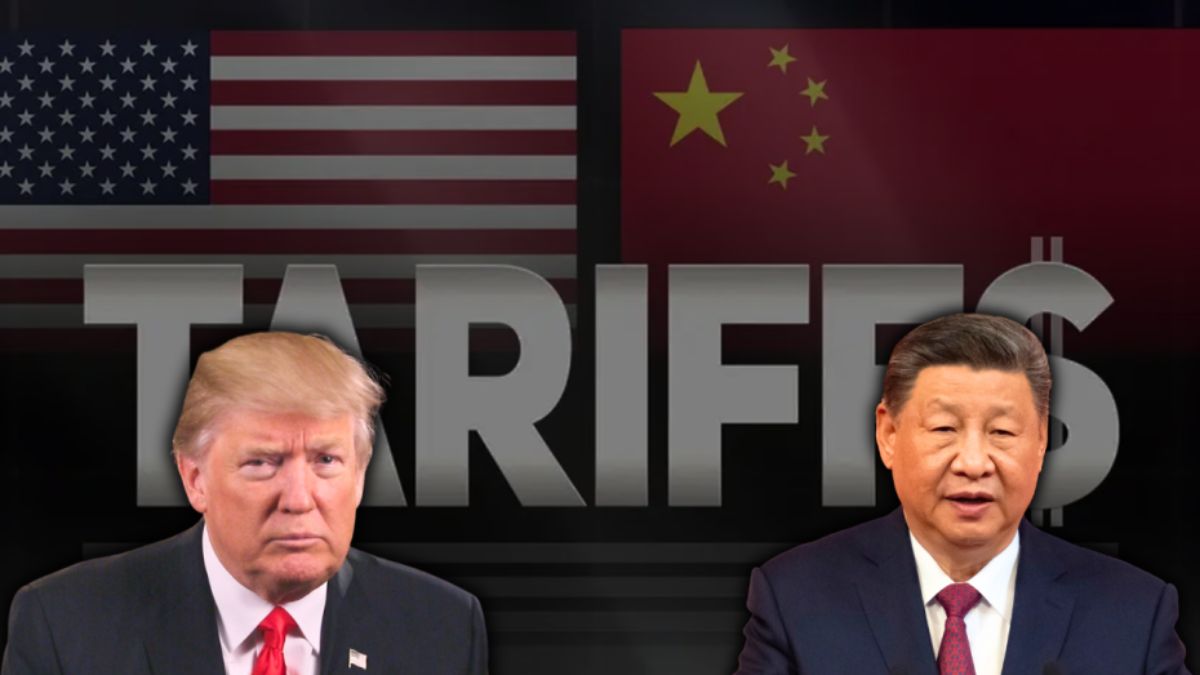The year 2024 stands as a grim chapter in the history of the Middle East—a region besieged by violence, political chaos, and humanitarian crises. Among the relentless cycles of destruction, three pivotal events emerged as defining moments: Israel’s continued actions in Gaza, its escalating conflict with Iran, and the culmination of the Syrian revolution.
The Genocide in Gaza: A Stain on Humanity
Israel’s devastating response to the Hamas-led Operation Al-Aqsa Flood dominated the regional narrative in 2024. The relentless airstrikes in Gaza, fully endorsed by Western powers, resulted in unspeakable tragedies. While Israel succeeded in eliminating key Hamas leaders like Ismail Haniyeh and Yahya Sinwar, the overwhelming majority of casualties were innocent civilians—children, women, and the elderly.
What stings most, perhaps, is the global silence. International institutions, including the United Nations, failed to intervene effectively. Israel’s actions repeatedly violated international laws, crossing red lines with impunity. From air raids in Lebanon and Syria to covert operations in Yemen and Iran, Israel’s expansionist policies created ripple effects that destabilized the entire region.
One cannot overlook the complicity of Western nations, whose unwavering support emboldened Israel. These atrocities were committed with blatant disregard for international resolutions, leaving the Palestinian people more vulnerable than ever.
Israel vs. Iran: A Conflict of Attrition
The Israeli-Iranian conflict marked another significant development, as Israel targeted the “Axis of Resistance” with surgical precision. This coalition, led by Iran and supported by proxies like Hezbollah, suffered heavy losses. Israel’s operations dismantled Hezbollah’s senior leadership, including Hassan Nasrallah, and weakened its operational capabilities.
Yet, Iran was not entirely subdued. Its retaliation inflicted considerable damage on Israel, revealing its ability to strike back despite the odds. The conflict simmered, with both sides avoiding all-out war. A tenuous cease-fire with Hezbollah was brokered, but Israel repeatedly breached its terms, ensuring the tension remained palpable.
This ongoing struggle further destabilized Lebanon and Syria, turning them into battlegrounds for proxy wars. Innocent civilians bore the brunt of this hostility, as the region teetered on the edge of collapse.
The Fall of the Baath Regime in Syria
In an unexpected turn of events, the Syrian revolution reached its zenith in 2024, toppling the 61-year-old Baath regime led by Bashar al-Assad. Opposition forces, operating from safe zones in Türkiye and Idlib, swept across the country with unprecedented speed. Within two weeks, Damascus fell, and Assad fled to Russia, seeking asylum.
This seismic shift in power ended one of the Middle East’s longest-standing authoritarian regimes. With Assad’s departure, Iran and Russia—the regime’s staunch allies—pulled back their forces, marking a significant geopolitical shift. Iran, in particular, lost a critical ally, weakening its influence in the region.
The new Syrian government, formed by revolutionary leaders, quickly gained recognition. Türkiye was the first to reopen its embassy in Damascus, paving the way for other nations to engage diplomatically with the fledgling regime. Even the United States entered into political dialogue, signaling a potential thaw in the region’s fractured relationships.
What Lies Ahead for the Middle East in 2025?
The Middle East is bracing for another tumultuous year. If 2024 has taught us anything, it’s that the region’s trajectory is far from stable, with geopolitical crises and internal strife looming large. As we step into 2025, the aftershocks of pivotal events like Israel’s ongoing actions in Gaza, the shifting U.S. political landscape, and the Syrian revolution will undoubtedly shape the region’s narrative.
The Unyielding Tragedy in Gaza
The world’s collective conscience will again be tested as the genocide in Gaza continues. Despite mounting global awareness of the atrocities, international institutions such as the United Nations, International Criminal Court (ICC), and International Court of Justice (ICJ) remain ineffective. Israel’s defiance of international resolutions is expected to persist, emboldened by unwavering Western support.
Yet, public opinion, especially in the West, is shifting. There’s a growing recognition of the human cost of Israel’s policies, which could influence global discourse. However, this awakening faces a steep challenge: governments remain reluctant to confront Israel, leaving the Palestinian people to endure unimaginable suffering.
The Trump Factor: An Uncertain Impact
The return of Donald Trump to the White House could be a game-changer—or perhaps more of the same. Trump, known for his staunch Zionist views, will likely double down on supporting Netanyahu’s government. His administration’s alignment with transnational Zionist interests could deepen the United States’ political and economic costs.
But here’s the twist: Trump’s “deal-making” persona might pivot U.S. policy. Rising expenses from Israel’s military endeavors and other global commitments, like Ukraine, could push Washington to reconsider its unyielding support. The question remains—will pragmatism outweigh ideology?
Palestinian Resistance: A Symbol of Resilience
Despite the dire circumstances, the Palestinian resistance shows no signs of wavering. Their fight against an apartheid regime is more than a local struggle—it’s a battle for global justice. Israel’s continued aggression will not bring the security it seeks. Instead, it risks deepening instability across the region, ensuring that any attempt at normalization between Arab nations and Israel remains a distant dream.
Syria’s Rebuilding Efforts: A Steep Climb
With the Assad regime toppled, Syria faces the herculean task of rebuilding a fractured nation. The new government must reestablish control over areas occupied by Israel and the YPG/PKK in the northeast. Early indications suggest the leadership will seek peaceful disarmament from the YPG but is prepared to resort to military action if necessary.
Reconstruction efforts will be fraught with challenges—both domestic and international. External meddling by global powers could reignite violence, threatening the fragile progress made thus far.
Türkiye’s Expanding Role
Türkiye, now a critical player in Middle Eastern politics, is expected to continue its stabilizing efforts in Syria and Iraq. Ankara’s commitment to Syria’s territorial integrity and its support for the new regime signal a long-term strategy to foster peace and rebuild state institutions. As a mediator between Damascus and the world, Türkiye is positioning itself as a linchpin in regional diplomacy.
A New Wave of Arab Awakening?
The fall of Assad’s regime may have ripple effects across the Arab world. The Syrian revolution could inspire a fresh wave of protests and demands for regime change in other authoritarian states. This potential domino effect could mark a transformative era for the region, as Arab populations seek greater self-determination and accountability from their leaders.




